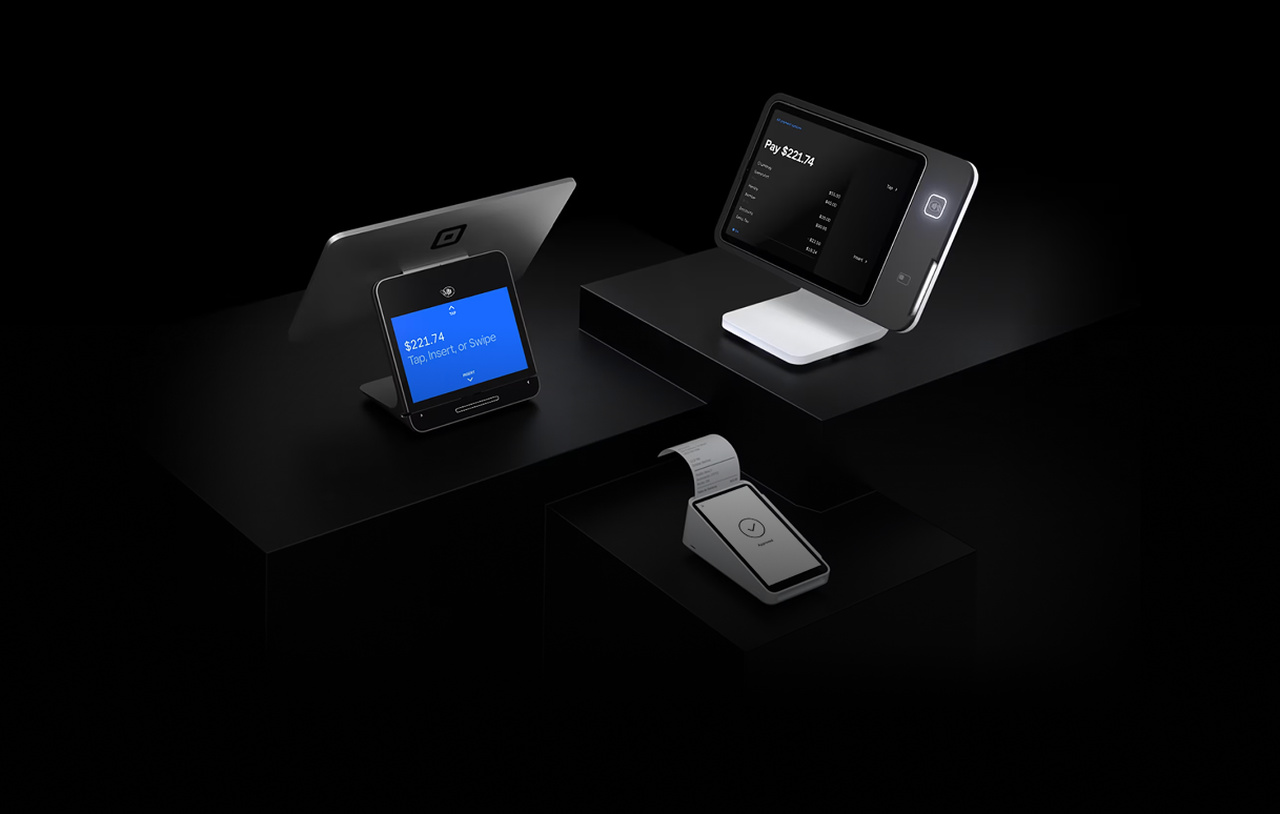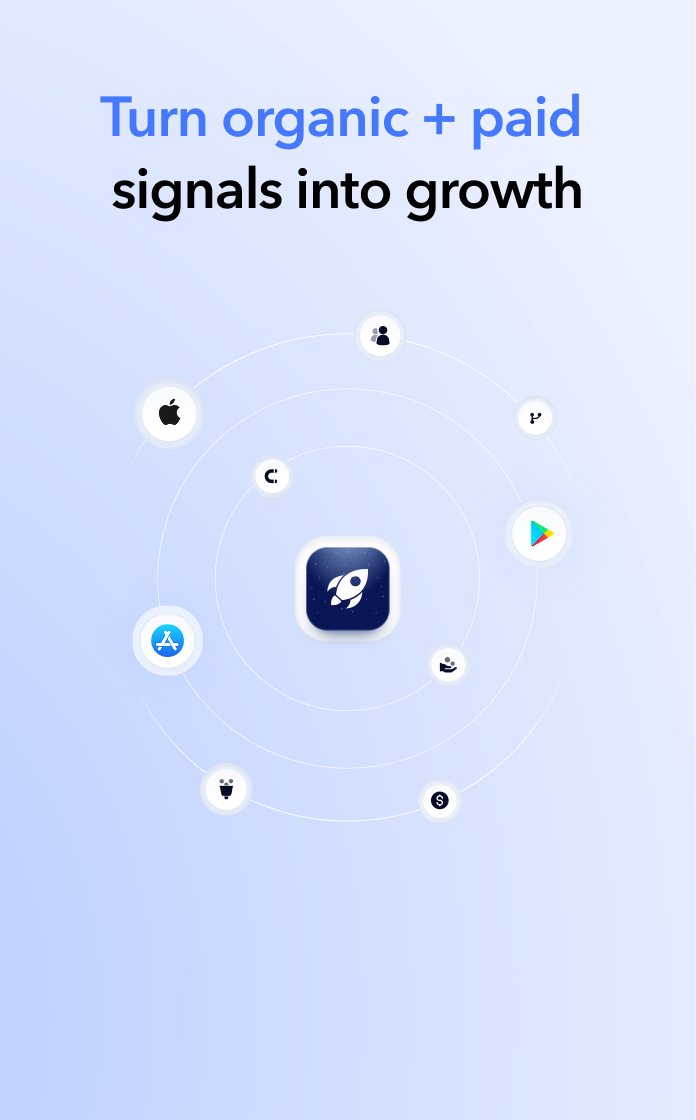Music
Music apps offer endless ways to discover, stream, and enjoy audio content. These apps bridge the gap between artists and listeners, creating immersive experiences that go beyond just hitting play. Music apps redefine how we connect with sound, whether curating the perfect playlist or exploring new genres.
“Music” and “songs” are central, appearing in nearly every app’s metadata to signal their purpose. These keywords are often paired with “play” and “audio,” emphasizing the focus on listening and discovery. Apps like Spotify and Apple Music leverage these keywords to attract users who want to stream their favorite tunes.
Artificial intelligence is transforming how we interact with music, and the keyword “ai” reflects this shift. From personalized playlists that adapt to your mood to AI-generated song recommendations, music apps are leveraging this technology to create more immersive and tailored listening experiences. Apps like Spotify and Apple Music are using “ai” to highlight features that make music discovery feel intuitive and personal.
The keyword “radio” suggests the enduring popularity of live and curated audio experiences. Apps that offer radio streaming or podcast hosting leverage this keyword to attract users who want a more traditional listening experience.
Finally, “sound” and “track” reflect the technical aspects of music apps. Developers are using these keywords to emphasize high-quality audio, seamless playback, and extensive libraries, ensuring users can enjoy their music without interruptions.
News
News apps are the pulse of the modern world, delivering real-time updates and insights to keep users informed and engaged. From breaking news to in-depth analysis, news apps shape how we consume and understand the world around us.
“News” and “articles” are not a surprise, appearing in nearly every app’s metadata to signal their purpose. These keywords are often paired with “stories” and “latest,” emphasizing the focus on timely and relevant content. Apps like The New York Times and BBC News leverage these keywords to attract users who want to stay updated on current events.
The keyword “ai” is reshaping how news is delivered and consumed. AI-powered algorithms curate personalized news feeds, ensuring users see the stories most relevant to them. Apps also use AI to generate real-time summaries and alerts, making it easier for users to stay informed without feeling overwhelmed. This keyword is a testament to the growing role of technology in journalism and content delivery.
The keyword “subscription” indicates the popularity of freemium models in this category. Many apps offer limited access to news content for free while locking premium articles or ad-free experiences behind a paywall. This keyword is often paired with “breaking” to emphasize the value proposition, offering users timely, high-quality journalism.
Finally, “privacy” reflects user concerns about data security, particularly for apps that track reading habits or deliver personalized content. Developers use this keyword to reassure users that their data is safe and secure.
Utilities
Utility apps are all about making everyday tasks easier and more productive. They help users manage their devices, organize files, and streamline processes that would otherwise be time-consuming.
“Privacy” and “data” are big concerns here, especially since many utility apps handle sensitive information. Apps highlighting privacy are likely to target users who want to keep their data safe while using tools like file managers or system optimizers.
The keyword “ai” points to the growing role of automation in utility apps. Features like smart device management, automated backups, and predictive maintenance are becoming more common, helping users save time and effort.
“Subscription” and “control” reflect how many utility apps monetize their services. While basic features are often free, advanced tools, like remote device control or premium storage, are usually locked behind a paywall. This appeals to users who want more control over their devices but are willing to pay for extra functionality.
Finally, “itunes” and “tv” suggest that some utility apps are branching into entertainment, offering features that combine device management with media consumption. This dual focus could attract users looking for an all-in-one solution.





























